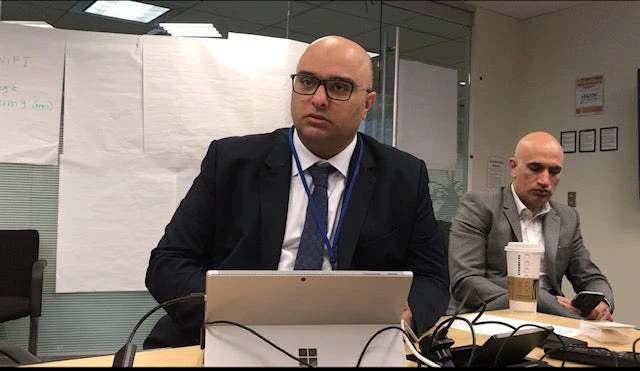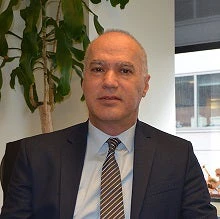 Ces deux dernières années, l’Arabie saoudite est parvenue à faciliter la délivrance des différents permis et licences d’exploitation.
Ces deux dernières années, l’Arabie saoudite est parvenue à faciliter la délivrance des différents permis et licences d’exploitation.
At a recent event at the World Bank’s annual Spring Meetings, Ibrahim AlSuwail, Deputy Governor of Saudi Arabia’s General Investment Authority (SAGIA), discussed just how far the Kingdom has come in under two years to make it easier to get business licenses. This allowed several sectors to be 100% open for investors, as AlSuwail said during his presentation.
In 2017, Ministry of Investment and Commerce (MCI) and the World Bank signed a partnership agreement to help support KSA in fulfilling the goals of its Vision 2030. Some of the major objectives of the plan are to increase foreign direct investments (FDI) and become one of the top 10 countries in the Global Competitiveness Index. For this to happen, it is imperative that Saudi Arabia builds a world-class legal and regulatory environment for businesses to thrive. The World Bank has committed its support to:
- Launching a comprehensive review of the Companies and Investment Laws.
- Implementing reforms to facilitate business entry (to help startups).
- Conducting a comprehensive review of licenses and permits for business operation.
Streamlining and simplifying the licensing system in Saudi Arabia is an important reform to help the kingdom in achieving the Vision 2030 goals of increasing SME contribution to GDP from 20% to 35%, lowering the rate of unemployment from 11.6% to 7%, and increasing women’s participation in the workforce from 22% to 30%
In his capacity as Head of the National Licensing Reform Program (NLRP), AlSuwail shone a light on how far the business license system has come. In less than two years, the Government of Saudi Arabia, with World Bank support, was able to:
- Complete a comprehensive inventory of all licenses and permits for business operations as well as necessary requirements to obtain a license.
- Review, step-by-step, all the requirements, licenses, and permits to determine if they truly address legitimate risks and whether they are issued most efficiently to not impede business startups and competition.
- Establish a legislative and institutional framework for the new licensing and permit system in Saudi Arabia that is predictable, fair, and effective.
After surveying the nine sectors of telecommunications, media, healthcare, tourism, education, transportation, commerce, agriculture, and manufacturing, the NLRP identified 5,566 licenses that regulate 1,762 activities (as specified in the International Standard Industry Classification Code -ISIC- for KSA) and their associated 24,629 licensing requirements.
Following a detailed, risk-based review of each license and requirements, the NLRP was able to eliminate to date 62% of licenses (3,425 out of 5,566) and 55% of associated licensing requirements (13,471 out 24,629)! Saudi Arabia is also planning for automation of the application process licenses through a single on-line service window, which would further reduce the time and cost to start and operate a business.
The NLRP continues to work on completing a review of licenses and requirements for manufacturing activities and also licenses governed by the Ministry of Municipalities and Rural Affairs (MoMRA) that regulate business activities, land allocations, construction, and use of buildings. An additional number of licenses and requirements applying across the board to all sectors in the economy will follow the same process as the reforms mentioned above.
Also, after the government adopted a national building code in 2018, an opportunity to significantly streamline building-related permits arose. The World Bank is now advising NLRP in the implementation of a pilot reform project to streamline these permits in Riyadh Municipality (Amanat) which was recently launched to the public. If successful, solutions developed for Riyadh Amanat will be adopted across the Kingdom, marking a radical improvement in business environment.
For future next steps, the Bank recommends the adoption of a common legal framework for licensing which will cover all sectors with regulation mandates



Join the Conversation